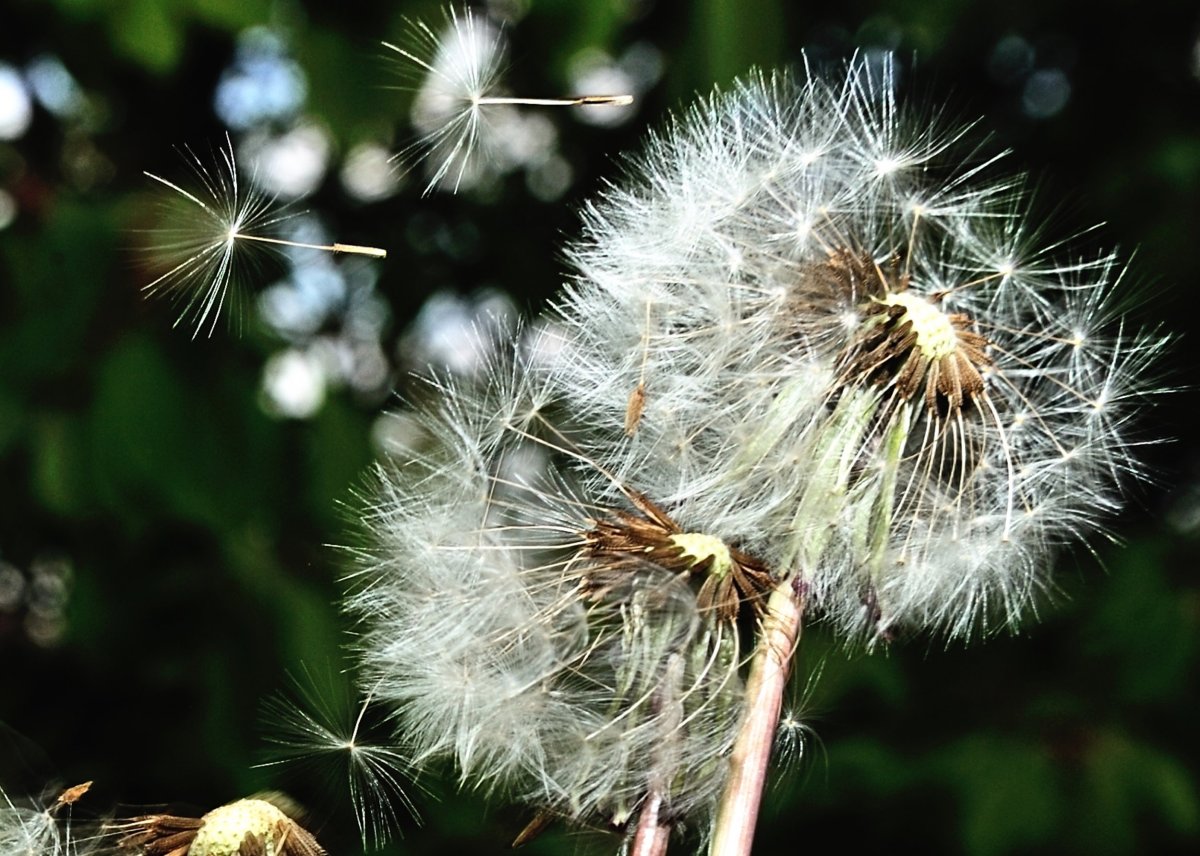Warming temperatures at the beginning of May helped bring back summer wardrobes and iced coffee, but it also brought plenty of pollen and, for some, unforgiving seasonal allergies.
More than 50 million people in the United States deal with allergies each year, including allergies to foods and medication as well as insects, according to the Centers for Disease Control and Prevention. The difference between symptoms caused by seasonal allergies and those caused by a springtime cold can be difficult to spot, especially for those who haven't suffered from seasonal allergies before.
"A typical allergic symptom is itching, which tends not to happen in a cold, so itchy eyes, itchy throat," Dr. Morris Nejat, an allergist at New York Allergy & Sinus Centers, told Newsweek. Additionally, allergies, even those with names like "hay fever" don't actually cause fevers, but colds do.
"Infections start with a fever. You feel achy, more tired than you usually would be, the mucus would be green or yellow, you may not sneeze as much and it tends to go away," Nejat said. But allergies, on the other hand, are associated with a clear runny nose, itchy and watery eyes, repeated sneezing, and sometimes a wheezy cough.
One thing the two have in common, though, is that they cause some level of fatigue, but for different reasons. "If you're all congested, you can't breathe through your nose and your eyes are heavy and itchy, you're going to feel tired and you can't sleep well," Nejat said. These common allergy symptoms could easily "wear you down and make you feel tired," as Nejat put it.
But a cold makes people feel achier and makes their whole body feel tired. "It's kind of a fine line," he said, "Both can make you feel tired in different ways."
The first step for anyone looking to relieve allergy symptoms—as allergy season worsens year after year—is to pinpoint what they're actually allergic to. Pollen, grass, mold and dust mites are just a few of the many symptom-causing indoor and outdoor allergens.
Once someone knows what they're allergic to, it's easier to avoid that allergen and to avoid bringing it into the home. Nejat suggested that those with pollen allergies shower once they get home to get pollen off of them and out of their hair, use an air conditioner instead of opening windows and consider using an air purifier.
Over the counter medications can also help but going to see a specialist will likely offer the most relief. "A lot of times people try and just self-medicate and they may be treating the wrong thing, and it's helpful to take the time go and see an allergist," Nejat said.

Uncommon Knowledge
Newsweek is committed to challenging conventional wisdom and finding connections in the search for common ground.
Newsweek is committed to challenging conventional wisdom and finding connections in the search for common ground.
About the writer
Nina was a breaking news reporter. She previously worked at Business Insider, The Boston Globe, and Boston.com.
To read how Newsweek uses AI as a newsroom tool, Click here.








